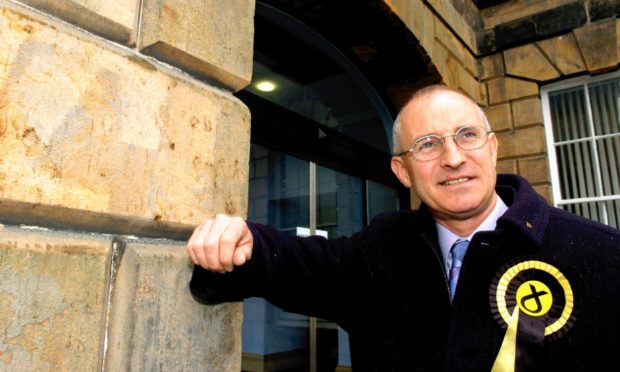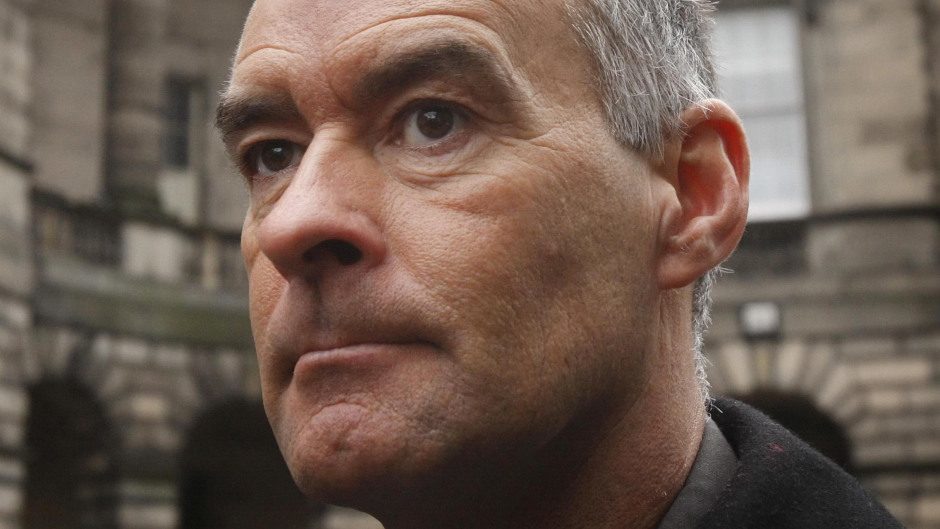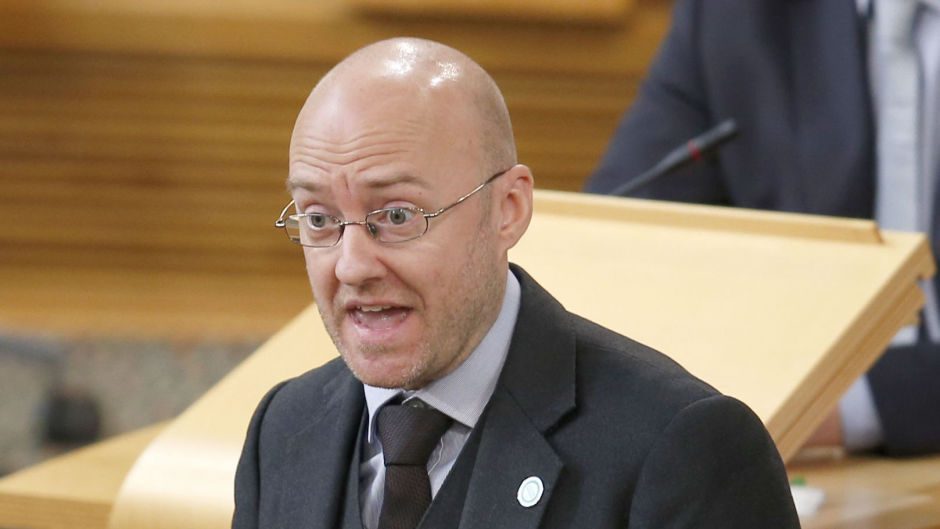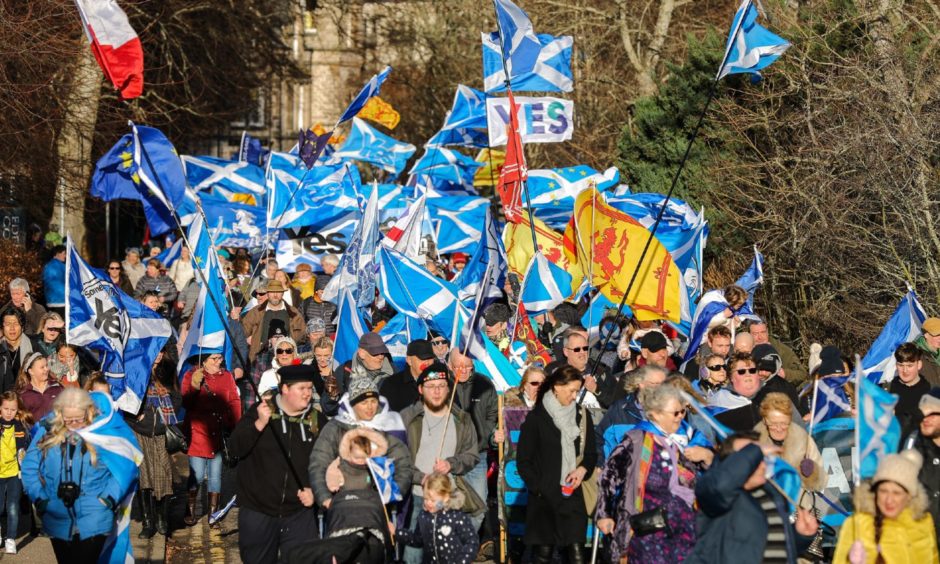A bid by a former SNP MSP to maximise the independence vote at Holyrood has been dealt a serious blow after the Greens refused to co-operate with the controversial plan.
Green co-convener Patrick Harvie has rejected Dave Thompson’s Alliance for Independence (AFI), describing it as a “cynical” attempt to “game” the Holyrood system.
Mr Harvie also said he was not inclined to work with Mr Thompson, who was an SNP MSP for almost a decade, because he had voted against same-sex marriage.
Mr Thompson, a former MSP for Skye Lochaber and Badenoch, quit the SNP after 55-years’ membership to form the AFI, which aims to capture up to 24 Holyrood list seats by acting as an umbrella group for the smaller Yes-supporting parties outside the SNP.
A key part of his strategy is to get the independence-backing Greens, Tommy Sheridan’s Solidarity party, the Scottish Socialist Party (SSP) and the newly formed Independence for Scotland (ISP) party to join his alliance.
The AFI has been created with the specific aim of attracting these parties to maximise the pro-independence representation at Holyrood.
Mr Thompson plans to negotiate with them where their candidates should stand on the list system in order to boost the AFI’s chances of success.
The organisation was formed in response to Holyrood’s electoral system, which was created to ensure parties that capture a high number of first-past-the-post constituency seats do not do so well when it comes to the top-up list seats, which are calculated by proportional representation.
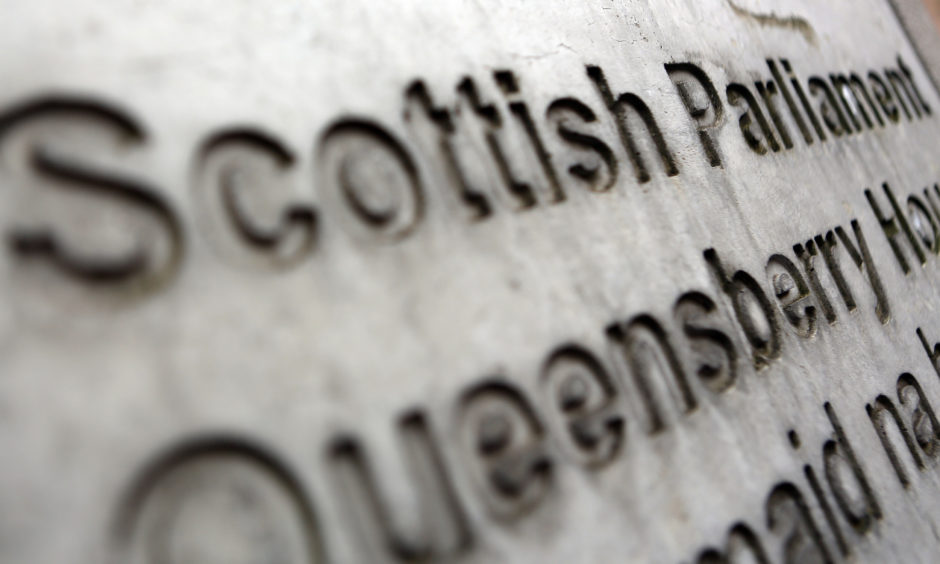
For example, at the last 2016 Scottish election, the SNP did so well in the constituency vote – taking 59 out of 73 seats – that it won only four of the 56 top-up seats on the list system.
Mr Thompson said the AFI would be contacting the Greens, Solidarity, the SSP and ISP shortly.
“We will be inviting these four parties to come together with us and stand under the alliance banner. Our constitution is specifically drawn up to allow for that. We have had discussions with the Electoral Commission over the principle of it. And we don’t anticipate any problem,” Mr Thompson said.
“The only policy we will insist on is that they support independence and support the SNP Government in gaining independence. In all other matters, a small party can follow its own programme.”
Our aim is to get anything from 12 to 24 of the regional list seats and, added to the SNP in terms of support for independence, that will give us a super-majority in parliament.”
Dave Thompson of the Alliance for Independence (AFI)
The AFI will only field candidates for list seats and will encourage independence supporters to back the SNP in the constituencies.
“We will be encouraging all Yes supporters to back the SNP, so they get the majority, if not all, of the constituencies in Scotland next time. Our aim is to get anything from 12 to 24 of the regional list seats and, added to the SNP in terms of support for independence, that will give us a super-majority in parliament,” Mr Thompson said.
But Mr Thompson’s overtures were roundly rejected by Mr Harvie, who added his voice to those who have accused the AFI of exploiting the rules to skew the parliament so it fails to represent the Scottish population as a whole.
There is a huge difference between trying to put forward a distinct political proposition and trying to game the system and I think people will see through that as a transparently cynical move. I think it is more likely to leave people pretty disillusioned with that kind of game playing.”
Patrick Harvie, Green co-convener
When asked if he would accept Mr Thompson’s invitation, Mr Harvie replied: “The simple answer to the simple question is no.”
He added: “We have already selected our candidates for the election. But even if that weren’t the case, Greens stand on a clear, well defined political platform. We have had Green MSPs elected in every single session of the Scottish Parliament and there is a huge difference between trying to put forward a distinct political proposition and trying to game the system and I think people will see through that as a transparently cynical move. I think it is more likely to leave people pretty disillusioned with that kind of game playing.”
Mr Harvie, a well-known equality campaigner, also said he would not be willing to work with Mr Thompson because he had voted against same-sex marriage when he was an SNP MSP.
“He’s part of the wing of the SNP that would have been opposed to equal marriage,” Mr Harvie said. “There is a real fundamental problem with asking people to join a political project with folk who don’t support their human rights.”
The AFI has submitted its constitution to the Electoral Commission for approval and will hold an autumn conference at which potential Plan Bs to Nicola Sturgeon’s approach to independence are debated.
Independence supporters have expressed frustration at the UK Government’s steadfast refusal to ignore Ms Sturgeon’s demands for a second independence referendum. Boris Johnson has ruled out granting the Section 30 Order required to pass the powers to hold a vote from Westminster to Holyrood.
That sense of frustration has led to hardline independence supporters to call on the Scottish Government to explore a different route to splitting up the UK that would avoid a referendum that had been legally approved at Westminster.
Plan B supporters have suggested an independence-supporting majority at next year’s Scottish elections should trigger the start of independence negotiations. Other suggestions have included a so-called “wild cat” unauthorised independence vote.
Mr Thompson said these options would be debated at conference. But the alliance would not take a policy position on some of the most difficult and detailed issues surrounding independence, such as the currency, EU membership and the deficit.

“One of the main aims is to get a second indyref and support the Scottish Government to get that. But we know that our members will wish to debate what happens if there is a continued refusal to grant a Section 30,” Mr Thompson said.
“So our membership will actually debate that at the end of September and we will come to a decision about what our position will be on it.”
Responding to Mr Harvie’s remarks, Mr Thompson said the AFI would still be issuing formal invitations to the small parties and he hoped to discuss the situation with them, including the Greens.
“We will wait until then to see what response we get,” he added.
On Mr Harvie’s objection to the way he voted in the same-sex marriage debate of 2014, Mr Thompson said he had since changed his views and would vote differently now.
As a Christian, Mr Thompson said he had followed the Church of Scotland’s discussions on the subject and had “thought and prayed a lot” about the issue.
“I have no hesitation in saying that, as far as I’m concerned, I don’t believe homosexuality is a sin and if I was in parliament voting on same-sex marriage again, I would actually support it,” Mr Thompson said.
